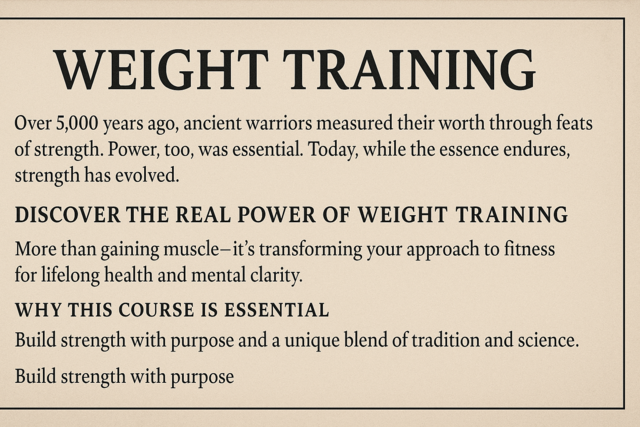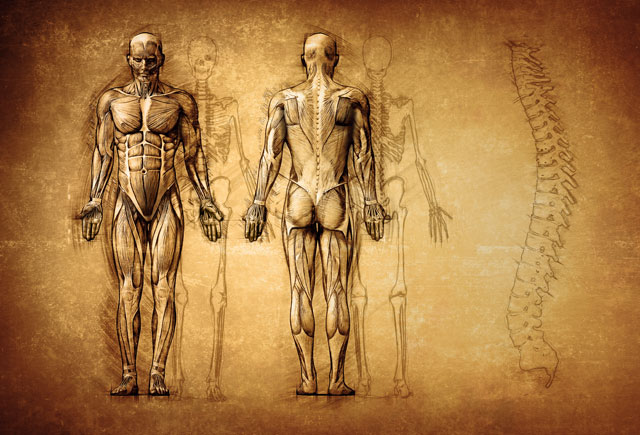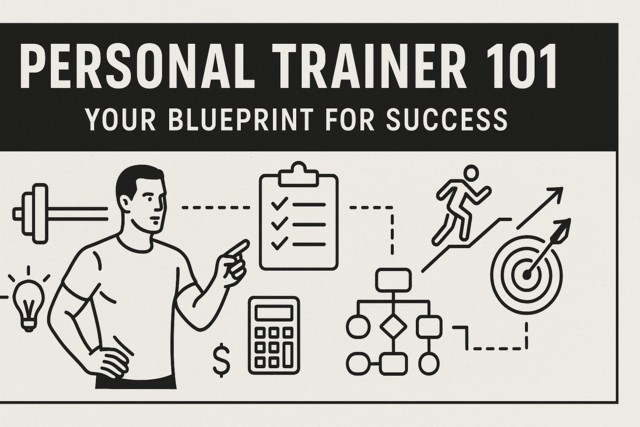There are many varieties of eating disorders, and scientists are unsure what causes them. Of all mental disorders, eating disorders carry the highest risk of death. This article provides a brief description of some of the most common eating disorders.
Anorexia
Anorexia nervosa is an eating disorder estimated to affect one in 200 American women. It is much more common among women and girls, than among boys, but some males do suffer from it. Anorexics become obsessed with calorie-counting and calorie expenditure.
In some folks, what starts out as a shift toward healthy eating and exercise spirals out of control. Many anorexics see their own bodies differently than they appear to others: almost as if they were looking in a funhouse mirror.
Some anorexics become obsessed with exercise. While exercise is good, exercising too much will hurt your body, especially if you are not taking care to refuel it properly with good nutrition and a proper electrolyte balance. Electrolytes are what keep your muscles and organs working properly. When people starve or dehydrate themselves, they can experience heart problems.
Some anorexics will abuse diuretics (substances that cause your body to purge water) or laxatives, until they become dehydrated. As a result, they may experience kidney, digestive, or skin problems. Anorexics tend to appear unhealthily thin, but would probably still perceive themselves as "fat" because of the distorted body image.
Bulimia
Another common eating disorder is bulimia nervosa. Two or three in 100 American women experience this disease, which pushes them into a continual binge-purge cycle. Bulimics might overeat (binge) on unhealthy foods, and then force themselves to vomit, starve themselves for several days, or exercise compulsively. The binge-purge cycle often brings on feelings of guilt and disgust. Unlike anorexics, bulimics may appear to be a normal, healthy weight or even slightly overweight.
Long-term bulimia can cause damage to the lining of the throat and esophagus, and can wear down tooth enamel. As with anorexia, bulimics can suffer from dehydration, digestive problems, and kidney disorders.
Binge-eating disorder is similar to bulimia, but without the purging part of the cycle. Binge-eaters will feel a loss of control over what they are eating, consuming mass quantities, usually of unhealthy foods, and feeling unable to stop or control themselves. Unfortunately, the feelings of guilt and shame that follow a binge cycle often bring on depression or anxiety, which can then trigger another bout of bingeing.
All of these eating disorders, and the others that are similar but slightly different, are all treatable diseases. If think you or a loved one may be suffering from anorexia, bulimia, or binge-eating disorder, the best thing you can do is see a medical professional for help and guidance.
And as you move forward with your own weight loss plan, try to keep your focus on your health, not just on your weight. That is why this section has provided so many different means of assessing your current body composition, so that you can look to all the other numbers involved to track your progress toward a healthy weight. Your cholesterol, your blood pressure, BMI, waist circumference, resting heart rate, and overall fitness level should help you create a more balanced, healthy goal for yourself than just focusing on weight alone.
Sometimes, it can be helpful to have inspirational role models. However, chose your models carefully. Steer clear of unrealistic, Photoshopped magazine pictures. The images used to sell designer clothing, makeup, and even golf balls are just images, and many researchers think these images help contribute to eating disorders. Magazine photos aren't real people, and they don't provide realistic expectations.
Also, if your friends and family start to express concern about what they see as excessive weight loss, or if your current weight falls within or below healthy parameters, but you still see yourself as "fat," or if you can't stop thinking about the number of calories you have taken in or used up in a given day, then these may all be signs that it's time to take a look at your weight loss plan and make sure it isn't hurting you.































